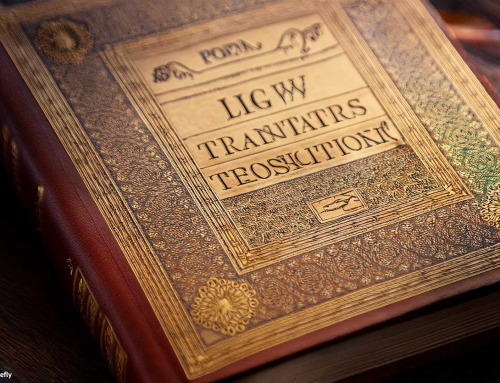The Public Notary in Germany
In Germany, as in most continental European countries, the profession of notary is based on Roman-Germanic law, i.e. the public notary is an independent and impartial advisor whose office is conferred by the state.
The main activity of the German public notary is the notarization of legal transactions of all kinds and the establishment of facts, with an obligation of independence and impartiality, which distinguishes him or her from a lawyer who represents the interests of only one party.
In Germany the public notary’s activities relate to the following areas of law:
- Property law (property purchase agreements, easements, mortgages)
- Inheritance law (notarization of wills, European certificates of inheritance, inheritance contracts, applications for certificates of inheritance, etc.)
- Family law (prenuptial agreements, powers of attorney, declarations in child custody law, such as acknowledgments of paternity, maintenance obligations, custody declarations)
- Company law (formation of limited liability companies and corporations, conversions, amendments to statutes and articles of association, commercial and association register applications).
A number of legal transactions expressly mentioned by the legislator – such as property purchase agreements, company formation agreements or inheritance agreements – require notarization; for others, such as wills, notarization is optional.
The public notary’s other official duties include providing information and instruction, whereby he is liable with all his assets in the event of a breach of these duties.
Public notaries have an official seal at their disposal for the performance of their official duties. They have to keep a register of deeds. If funds are deposited with the public notary, an escrow account must be set up for their administration.
Difference to a lawyer
In contrast to the lawyers’ profession, access to the notarial profession is not free, but is limited by the need to provide an adequate supply of notarial services to those seeking legal advice – the number of public notaries appointed is limited to what is necessary for the proper administration of justice. Only those who have been admitted to the bar for at least five years, have been working full-time as a lawyer for at least three years without interruption in the prospective area of office and have also passed the notarial examination will be appointed lawyer-notary.
The Anglo-American notarial profession
The Anglo-American notarial profession (public notary or notary public) is completely different. In Great Britain and the countries that have incorporated British law (such as India or Australia), notaries are not even remotely comparable to German or French notaries in terms of training, qualifications, powers and competence. English notaries receive their certificate of appointment from the Faculty Office of the Archbishop of Canterbury, who has been responsible for the appointment of notaries, both ecclesiastical and secular, since 1533 on the basis of state delegation. They therefore exercise a public office. Since there is no secure domestic notarization market – common law prefers to use the legal concept of the deed for formal contracts, i.e. a legal document using seals and signature witnesses – the bulk of notarial activities is restricted to international documentary transactions. Public notaries in common law can administer oaths required or permitted by law, confirm the binding legal validity of land transfers, powers of attorney, wills and other deeds in legal transactions, issue cheque, bill of exchange and sea protest deeds and notarize bottomry and respondentia, charterparties and general average certificates of obligation. When taking affidavits, they perform judicial functions and can order witness hearings and coercive measures.
In contrast to British practice, the notary in the United States is not even a lawyer, but a certifying officer, and his or her activities are limited to certifying signatures and copies for domestic use. However, neither legal advice nor legal notarization is provided. A notary public in the USA is even expressly prohibited from issuing a legal opinion or even giving legal advice.
The requirements to be appointed as a notary public in the USA are straightforward: minimum age of 18, no criminal record (background check), standardized examination, taking an oath, payment of a fee. Most states do not require prior participation in a course or training. Most prospective notaries prepare for the test through self-study.




